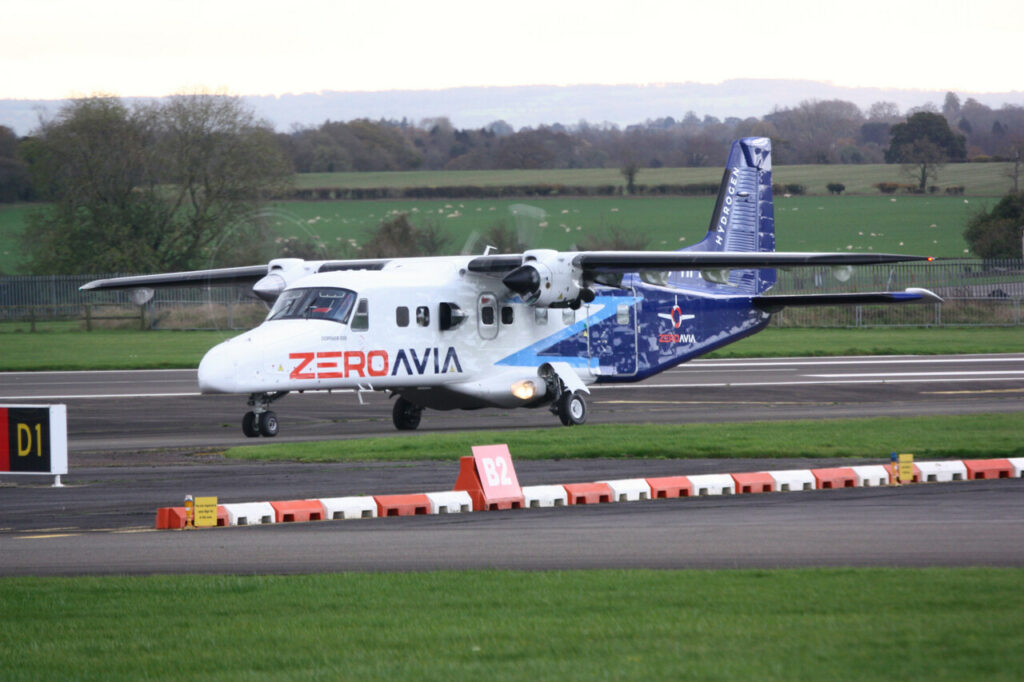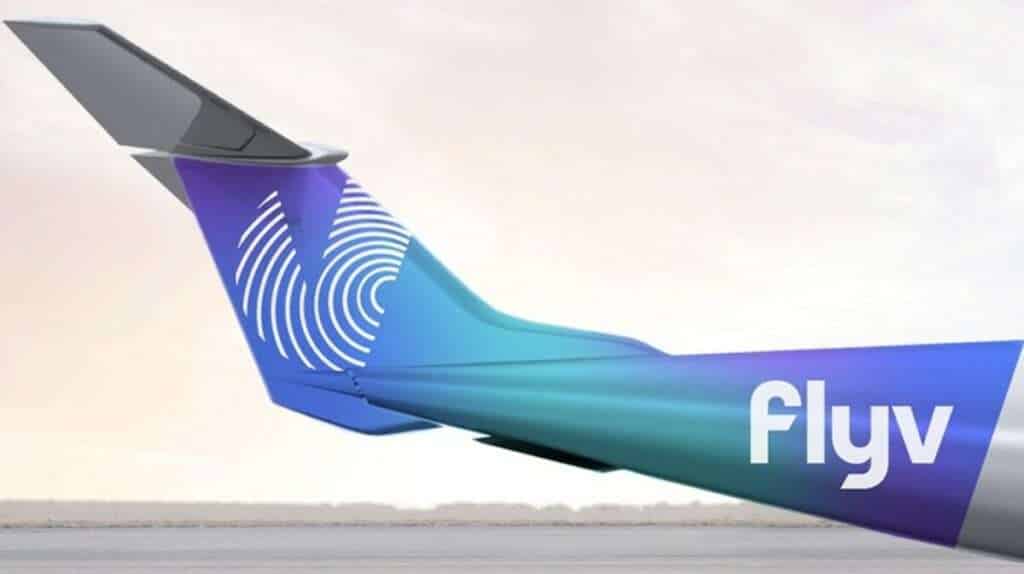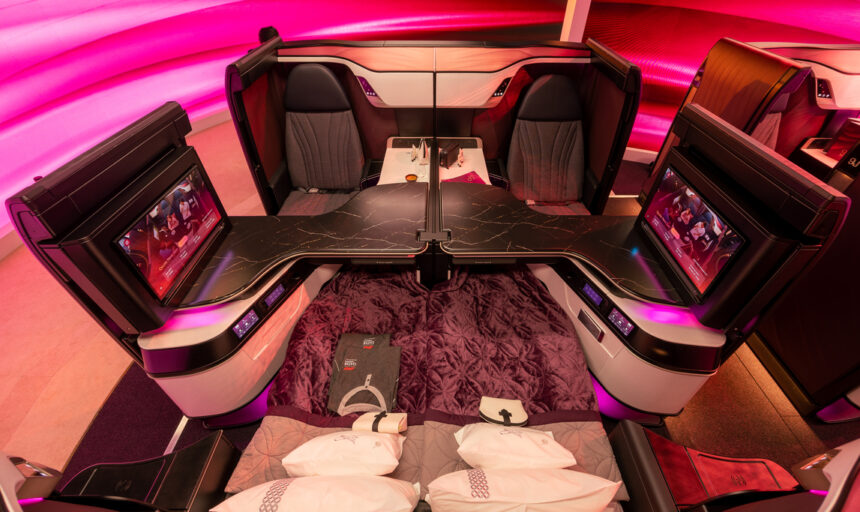ZeroAvia and flyv have partnered to explore the utilization of hydrogen-electric engines to power flyv’s on-demand, low-cost flight operations.
This collaboration marks a move towards achieving sustainable aviation while meeting the escalating demand for efficient transportation across various modalities.
The Challenges of Conventional Travel Systems
Traditional travel systems face mounting challenges, strained by increasing demand and underutilized smaller airfields.
Flyv, with its forward-thinking approach, aims to address these limitations by leveraging cleaner technologies that not only reduce operating costs but also pave the way for enhanced services.
By employing AI to match demand with availability, flyv intends to offer flexible booking options to passengers, thereby revolutionizing the travel experience.
ZeroAvia’s Hydrogen-Electric Engine
At the heart of this collaboration lies ZeroAvia’s pioneering efforts in developing hydrogen-electric engines.
With plans to certify a 600kW (ZA600) engine capable of powering nine- to 19-seat aircraft solely through fuel cell power, ZeroAvia is poised to usher in a new era of sustainable aviation.
The anticipated entry-in-service of ZA600 in approximately two years underscores the company’s commitment to advancing clean propulsion technology.
[monsterinsights_popular_posts_inline]

Exploring Regional Air Mobility Networks
As part of their agreement, ZeroAvia and flyv are set to explore regional air mobility networks across Europe.
By harnessing the potential of fuel cell-powered flight, both companies seek to unlock economic and passenger benefits while minimizing environmental impact. This strategic collaboration is fundamentally driven by a shared vision for a sustainable future in aviation.
ZeroAvia & flyv Comments
James Peck, chief customer officer at ZeroAvia, expressed enthusiasm about the collaboration, emphasizing the potential of zero-emission technology.
“Flying can be the cleanest, quickest and cheapest way to travel in the near future given the rapid progress of zero-emission propulsion technology.”
It’s exciting to work with an innovative start-up airline like flyv that is rethinking the status quo to extend the benefits of flying.”
Similarly, Anton Lutz, Co-Founder of flyv, underscored the importance of proactive adaptation to evolving regulatory landscapes, highlighting the alignment with ZeroAvia as a crucial step towards sustainability.
“As a low-cost, on-demand airline, we are proactively analyzing how to enhance efficiency and operational stability in a rapidly evolving world,” Lutz said.
“With policies across the EU steadily making operating fossil fuel flight more costly and difficult, it is crucial for us to align with partners like ZeroAvia today, to prepare for a truly sustainable future.”
With ZeroAvia’s recent successes in engine development and testing, the feasibility of this innovative approach is clearer than ever.”

Flight Testing and Environmental Benefits
ZeroAvia’s ongoing flight testing of the ZA600 prototype aboard a Dornier 228 aircraft demonstrates tangible progress towards realizing the vision of hydrogen-electric aviation.
By harnessing hydrogen in fuel cells to generate electricity, these engines offer a sustainable alternative with zero emissions other than water, positioning them as a game-changer in the quest for eco-friendly air travel.

Click the banner to subscribe to our weekly newsleter.

Click the photo to join our WhatsApp channel so then you can stay up to date with everything going on in the aviation industry!









